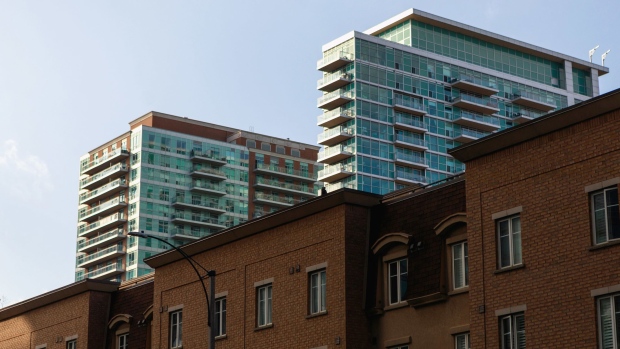
World's bubbliest housing markets are flashing warning signs
BNN Bloomberg
A world economy already contending with raging inflation, stock-market turmoil and a grueling war is facing yet another threat: the unraveling of a massive housing boom.
Taming frothy home prices are a key part of many policy makers’ goals as they seek to quell the fastest inflation in decades. But as markets shudder from the prospects of a global recession, a slowdown in housing could create a ripple effect that would deepen an economic slump.
Falling home prices would erode household wealth, dent consumer confidence and potentially curb future development. Animal spirits are typically tamed when people are faced with higher repayment costs on an asset that’s losing value. And property construction and sales are huge multipliers of economic activity around the world. “The danger is business and financial cycles turning down simultaneously, which can lead to longer-lasting recessions,” said Rob Subbaraman, head of global markets research at Nomura Holdings Inc. “A decade of QE has fueled frothy housing markets and we could be entering the other side of this soon, as housing affordability is stretched and debt-service ratios could rise sharply.” Such a scenario would gum up bank lending as the risk of bad loans increases, choking the flow of credit that economies thrive on. In the US and Western Europe, the housing crash that precipitated the financial crisis hobbled banking systems, governments and consumers for years. To be sure, a 2008-style collapse is unlikely. Lenders have tightened standards, household savings are still robust and many countries still have housing shortages. Labor markets are also strong, providing an important buffer.
